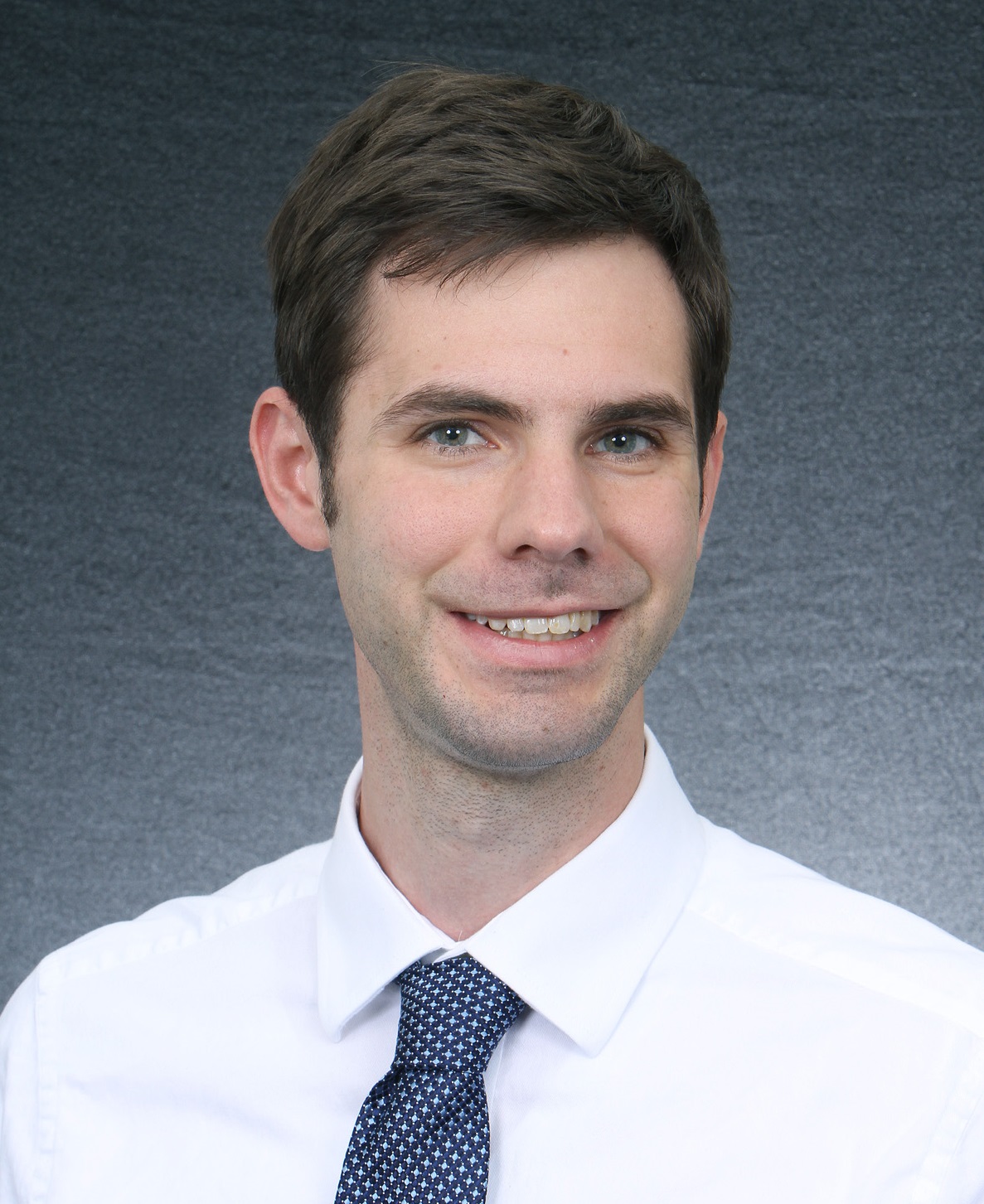With the presidential election settled, one education expert summarized his prediction for the next four years of education in the United States with just four words – “chaotic, with little money.”
 Speaking at an American Enterprise Institute (AEI) panel discussion last week, AEI Education Policy Studies Director Frederick Hess said, “In the first term, outside of the stimulus and edu-jobs, there was really, I would argue, remarkably little statutory action from the administration. We’re looking at a trillion dollar shortfall, so even assuming they get a deal down, even assuming taxes go up, that doesn’t really create a big flow of dollars to increase domestic discretionary.”
Speaking at an American Enterprise Institute (AEI) panel discussion last week, AEI Education Policy Studies Director Frederick Hess said, “In the first term, outside of the stimulus and edu-jobs, there was really, I would argue, remarkably little statutory action from the administration. We’re looking at a trillion dollar shortfall, so even assuming they get a deal down, even assuming taxes go up, that doesn’t really create a big flow of dollars to increase domestic discretionary.”
Hess was joined by several education policy experts at the Washington, D.C., event, including Education Week reporter Alyson Klein, Bellwether Education Partners co-founder Andy Rotherham, The Winston Group Vice President Kristen Soltis Anderson and Katherine Haley, policy assistant for the Office of Speaker of the House, John Boehner.
Both Rotherham and Klein said that teachers unions were among the “big winners” coming out of last week’s elections.
“If you go back to 2009,” Rotherham said, “there was a cover story in The New York Times Magazine about ‘the teachers unions’ last stand.’” Last week’s results, he said, indicate that those unions have came “roaring back” as a major interest group.
Anderson, however, said she sees unions playing lesser roles in determining election outcomes in the future. She said only 18 percent of voters in this year’s presidential elections lived in “union households,” a major decrease from 2000 statistics that indicated a quarter of votes came from such homes.
“I actually see the unions becoming a smaller part of the Democrats’ coalition,” she said. “I think it’s the Latino vote that’s actually become a bigger part, and I believe there’s some tension there, where you’ve got non-white voters saying, ‘My kids are going to these terrible schools, something needs to be done.’”
Regarding reform, the panelists agreed the most drastic changes to education in the aftermath of this year’s election would likely not be on the federal level.
“I think that much of the reform and change is going to be continued at the state and local level,” said Haley. “It’s going to be grassroots.”
She believes federal government has micro-managed education, with the true reform being brought about by state measures involving issues like school choice and employee evaluations.
“In terms of the next four years,” Klein said, she expects “a lot of noise, but not a whole lot of action, on the federal level.” The action, she believes, will most likely come from state implementation of Common Core standards.
“As Common Core begins to get implemented, you’re going to see teachers adapting to new standards, so I think you’re going to see a lot of on-the-ground change in people beginning to adapt to that,” said Anderson.
“Teachers are excited about Common Core,” she continued. “You begin winning teachers and you begin winning parents.”
Klein believes, heading into Obama’s second term, there will likely be a greater emphasis on higher education reform, as opposed to K-12 measures. “I think higher ed is going to take center stage,” she said.
“Obviously, funding issues are going to be dominating the beginning of the new congress,” Klein stated. “It’s a huge shortfall in the Pell grants [and] there are student loans that are going to double.”
Rotherham said the looming “fiscal cliff” might place a greater emphasis on Pell grant funding, which he says has consumed a larger percentage of the education budget over the last few years. Because many voters see a conflict between deficit reduction efforts and investments in education, he believes voters will play a very large role in how education politics unfurl over the next four years. Despite fears of education budget cuts this winter, he believes, over the last two decades, education has been relatively well-funded, even amid previous spending cuts.
“Education has had a spectacular run since Bill Clinton was President,” he said.
Klein said she would be concerned about some of the smaller federal programs potentially getting axed early next year. She believes Democratically-backed initiatives, like the “Race to the Top” program, are unlikely to get cut, although she did believe, had Republicans put in better showings during congressional elections, such programs would have been much easier targets for de-funding.
Haley said the fiscal cliff could result in an automatic 8.2 percent cut in non-defense federal spending in 2013, with cuts to education almost guaranteed. “It’s not the House’s intent to let the cuts take effect early next year,” she said.
“It’s think it’s going to be incredibly interesting to see how hard the President wants to push on the reform agenda going forward,” said Hess. Although in the first four years of Obama’s presidency, creating programs like “Race to the Top” was the focus, he foresees spending much of the next four years holding “people’s feet to the fire” for those same program standards. He also believes education will most likely be given only “lip service,” while other issues, such as the Affordable Healthcare Act and the continuing tensions with Iran, will rise to the forefront.
Hess believes would-be reformers in state and local education are facing many obstacles on the path to infrastructural changes such as merit-based pay, charter schools and the development of public accountability systems.
“Most people, most of the time, think that their kids are reasonably well-served,” he said. “You’re telling them they should blow up something they like.”
Anderson said she believes the problem with many reform packages is it’s difficult to explain how such measures would directly impact individual students.
“If you’re in the reform community, you need to do a good job of explaining why these process changes actually lead to a system with better student outcomes,” she said.
Unlike other federal cuts, Anderson said most taxpayers equate education cuts to negative impacts on their own lives. “A dollar less to education is a dollar less to my kid,” she said. “Are dollars being spent in a way so that I can see benefits?”
She said most parents are aware the “pot of money” going to schools isn’t growing. The big question over the next four years, she believes, is “how do we keep education on the right track, given scarcer resources?”
“You have two fairly powerful forces colliding right now, pro-reform and anti-reform, and those constituencies are more complicated than that,” said Rotherham. “What you’re essentially seeing is centrist reformers in parties that find themselves in something of a political tightrope with an electorate on both sides pushing back.”
When asked by moderator Andrew Kelley about where he thought education was headed over the next four years, Rotherham’s response was a succinct, one-word answer.
“Uncertainty.”





























